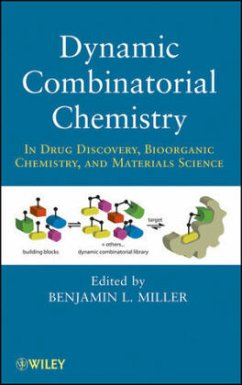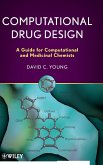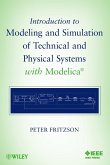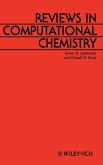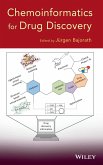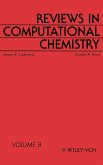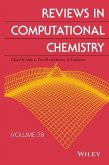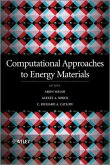Effective techniques for applying Dynamic Combinatorial Chemistry
In a relatively short period, Dynamic Combinatorial Chemistry (DCC) has grown from proof-of-concept experiments in a few isolated labs to a broad conceptual framework with applications to an exceptional range of problems in molecular recognition, lead compound identification, catalyst design, nanotechnology, polymer science, and others. Bringing together a group of respected experts, this overview explains how chemists can apply DCC and fragment-based library methods to lead generation for drug discovery and molecular recognition in bioorganic chemistry and materials science.
Chapters cover:
Basic theory
Approaches to binding in proteins and nucleic acids
Molecular recognition
Self-sorting
Catalyst discovery
Materials discovery
Analytical chemistry challenges
A comprehensive, single-source reference about DCC methods and applications including aspects of fragment-based drug discovery, this is a core reference that will spark the development of new solutions and strategies for chemists building structure libraries and designing compounds and materials.
Hinweis: Dieser Artikel kann nur an eine deutsche Lieferadresse ausgeliefert werden.
In a relatively short period, Dynamic Combinatorial Chemistry (DCC) has grown from proof-of-concept experiments in a few isolated labs to a broad conceptual framework with applications to an exceptional range of problems in molecular recognition, lead compound identification, catalyst design, nanotechnology, polymer science, and others. Bringing together a group of respected experts, this overview explains how chemists can apply DCC and fragment-based library methods to lead generation for drug discovery and molecular recognition in bioorganic chemistry and materials science.
Chapters cover:
Basic theory
Approaches to binding in proteins and nucleic acids
Molecular recognition
Self-sorting
Catalyst discovery
Materials discovery
Analytical chemistry challenges
A comprehensive, single-source reference about DCC methods and applications including aspects of fragment-based drug discovery, this is a core reference that will spark the development of new solutions and strategies for chemists building structure libraries and designing compounds and materials.
Hinweis: Dieser Artikel kann nur an eine deutsche Lieferadresse ausgeliefert werden.
"This is an excellent and highly recommended textbook." -- Angewandte Chemie International Edition, June 2010
"I was pleased that both offerings are worthy of high commendation and that I did not have to make the difficult decision of recommending one book over the other; both are worthy candidates to be on library, faculty, and graduate student bookshelves." (Journal of the American Chemical Society, 15 April 2011)
"The scientific quality of the book is high, and the book can be recommended to novices and experienced researchers that want to explore new terrain in organic synthesis." (ChemMedChem, 2010)"This is an excellent and highly recommended textbook." (Angewandte Chemie International Edition, June 2010)
"The scientific quality of the book is high, and the book can be recommended to novices and experienced researchers that want to explore new terrain in organic synthesis." (ChemMedChem, 2010)"This is an excellent and highly recommended textbook." (Angewandte Chemie International Edition, June 2010)

